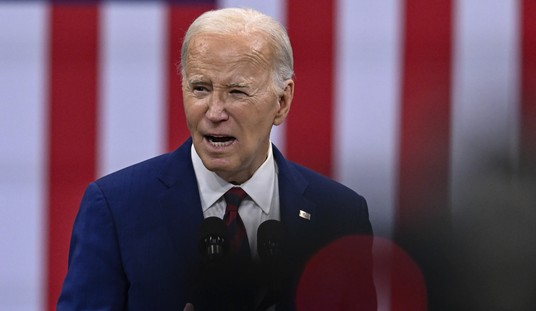When the spark strikes a powder keg of ethnic, sectarian and nationalist conflict, the tragic answer is yes. This week marks the 100th anniversary of the start of the First Balkan War (October 1912 to May 1913). It was the second in a series of three wars that led to the great and not quite settled tragedy of World War I, the first being the Italo-Turkish War of 1911-1912. In that limited but dirty conflict, Italy, an aspiring imperialist, had sought to strip the decaying Turk imperialists of Libya. Italy succeeded. The Libyan civil war of 2011 played out on many of the same battlefields where a century earlier Italians fought Turks and their Libyan allies.
Italy had launched limited naval forays on Turkish European and Aegean possessions, but the First Balkan War brought heavy modern combat onto European soil. The First Balkan begat the Second Balkan War (1913), and in the summer of 1914 the Balkan assassination of an Austrian archduke ignited a war that went global -- World War I.
World War II and the Cold War reprised geopolitical issues World War I created or left unresolved. Twenty-first century conflicts roil the Central Asian and Caucasus territories once controlled by the Orthodox Christian Romanov Russian Empire and its heir, the Soviet Union. The Muslim Ottomans once controlled the Arab Spring states of Libya, Tunisia, Syria and Egypt. Yemen was also Ottoman land. The Ottoman Sultan served as caliph, nominal spiritual leader of a global Muslim caliphate. In 2001, Osama bin Laden said reviving the caliphate required global jihad.
Recommended
The declining yet still powerful Romanovs and Ottomans collided in the Balkans' turbulent backwater with a third creaky imperial creature, the Austro-Hungarian Empire run by the Catholic Christian Habsburgs. These empires had their favored Balkan ethnic and sectarian constituencies.
Russia promoted the cause of Orthodox believers. The Turks championed Muslims, but they also had immediate territorial interests. Strong Ottoman armies protected Albania and Kosovo, but Ottoman Thrace and Macedonia, with its key seaport, Salonika, were Turkish Europe. Constantinople (Istanbul), the Ottoman capital, was a European city. The Turks had taken the city from the Greek Byzantines in 1453. They knew many Russians, Bulgarians and Greeks thought it was high time to right that historical wrong.
The Serbs, Greeks, Bulgarians and the Montenegrins saw the Turks' war with Italy as an opportunity to right many territorial and sectarian wrongs. Despite the Balkanites history of internecine territorial and historical disputes, the four nations formed an alliance, the Balkan League. The league's objective: evict the Turks from Europe.
Montenegro triggered its Albanian attack while its allies and the Turks were still mobilizing their forces. Montenegro had a modest war aim: seize the Albanian city of Shkoder (Scutari). The other Balkanites had larger goals. Landlocked Serbia wanted Kosovo and an Adriatic seaport. Greece and Bulgaria coveted Salonika and various slices of Thrace. Salonika gave Bulgaria access to the Aegean. Greece wanted southern Albania (Epirus). Bulgaria, with its large and well-equipped army, eyed Adrianople (Edirne) and the biggest prize, Constantinople.
On Oct. 17, Serbia, Greece and Bulgaria declared war on the Ottomans and launched multiple attacks on Turkish positions in Kosovo, Macedonia and Thrace. Pressed in all sectors, Turkish forces were defeated, virtually everywhere, losing Edirne to the Bulgarians and Salonika to the Greeks. Fortifications outside Constantinople finally halted Bulgaria's offensive.
Attempts to mediate the war resulted in a ceasefire, which collapsed in February 1913, after a military coup jolted Turkey. The First Balkan War ended officially in May 1913. Bulgaria, however, was dissatisfied with the division of the spoils. The Second Balkan War erupted June 16, 1913. The fuse leading to World War I continued to burn.

























Join the conversation as a VIP Member